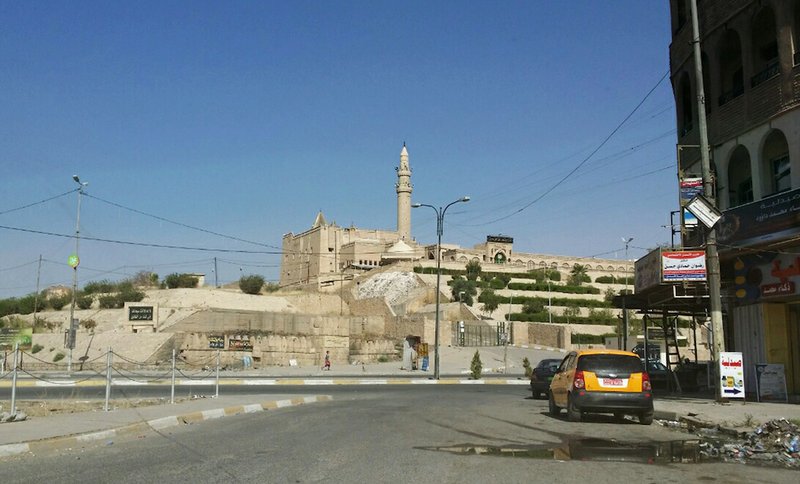PARIS — The head of the U.N.'s cultural agency says the deliberate destruction of cultural heritage like that at an archaeological site in Nimrud, Iraq, amounts to a "war crime."
UNESCO Director-General Irina Bokova appealed in a statement Friday to people around the world — "especially youth" — to protect "the heritage of the whole of humanity."
The Iraqi government said Islamic State militants "bulldozed" the renowned archaeological site of the ancient city in northern Iraq with heavy military vehicles Thursday.
Bokova denounced "this cultural chaos" and said she had alerted both U.N. Secretary-General Ban Ki-moon and the prosecutor of the International Criminal Court.
The discovery of treasures in Nimrud's royal tombs in the 1980s is considered one of the 20th century's most significant archaeological finds.
Read Saturday’s Arkansas Democrat-Gazette for full details.

